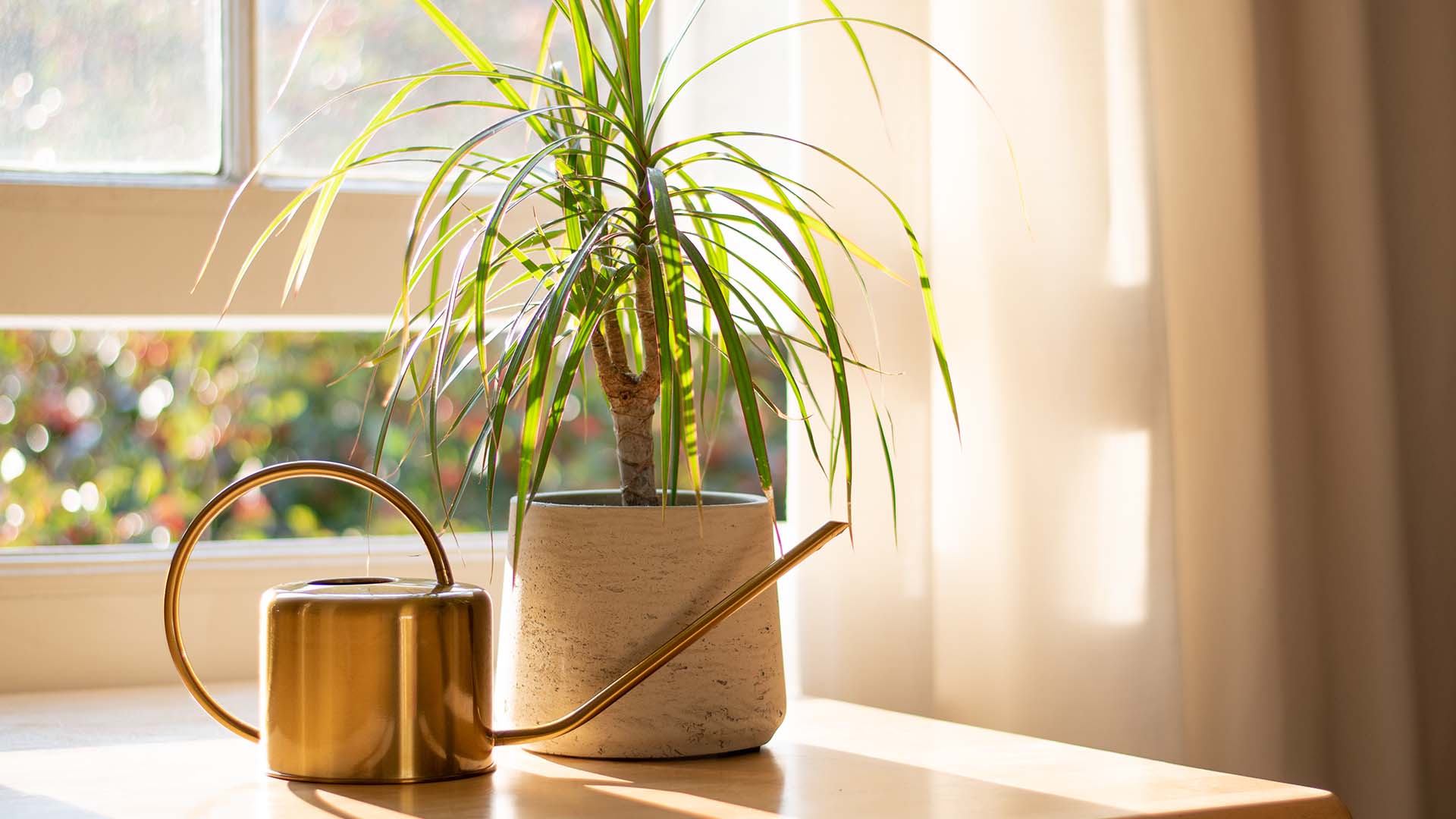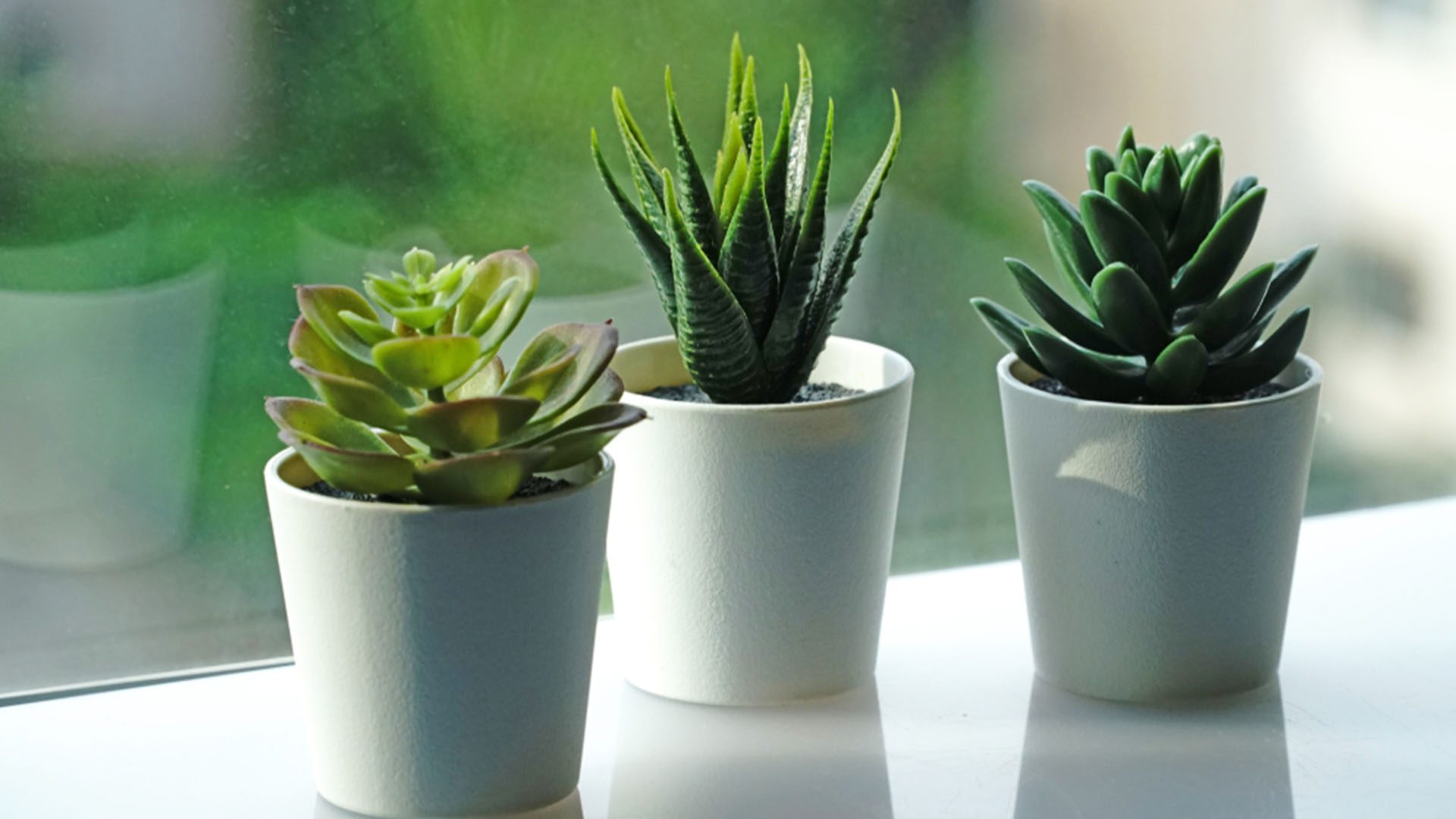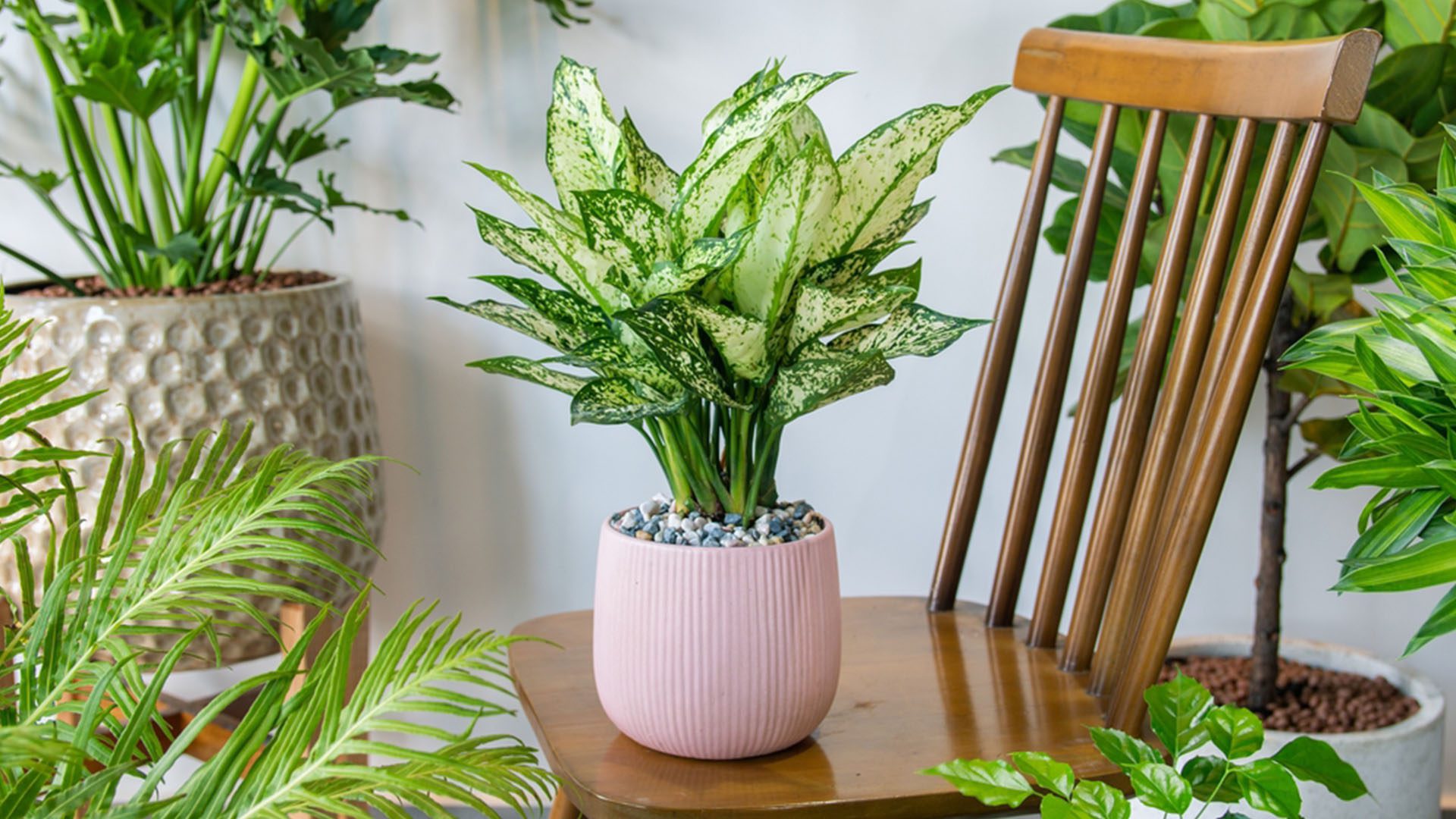While the sun comes out more during the warm summer months, sadly so do pesky insects. Avoid bugs while also avoiding negatively impacting the environment with these tips on how to naturally remove insects from your home.
1. Houseplants

One natural means of keeping bugs to a minimum is by keeping certain houseplants in your home. Lavender is one such plant that, in addition to producing a sweet-smelling and relaxing aroma, it has also been proven to repel flies, beetles, mosquitoes, moths, and fleas. Adding a rosemary plant to your home will be helpful for keeping gnats and midges at bay, as well as providing some cooking supplies.
Sage plants are also good choices for pest control as their strong smell has been proven to repel both mosquitoes and flies. The Common Marigold is not only vibrant and fast-growing, but it also deters mosquitoes, gnats, flies, and midges. Apart from these options, carnivorous plants such as the Venus flytrap (Dionaea Muscipula) are the most obvious choice of natural insect repellent. Other carnivorous plant options include Sarracenia leucophylla, Drosera capensis, and Drosera paradoxa.
2. Oils

Certain essential oils also make excellent and natural bug repellents. The smell of mint keeps away mosquitoes, ants, spiders, and mice, so simply mix peppermint oil with water and use a spray bottle to target the point of entry areas in your home. Neem oil, as another example, is safe for animals and humans but is effective enough to kill approximately 200 species of insects. The oil is also helpful to plants plagued with thrips, aphids, or white flies. Eucalyptus oil is helpful for warding off flies, gnats, and ants and is lethal to mites and aphids. Other helpful oils include lemongrass, tea tree, citronella, and catnip.
3. Vinegar
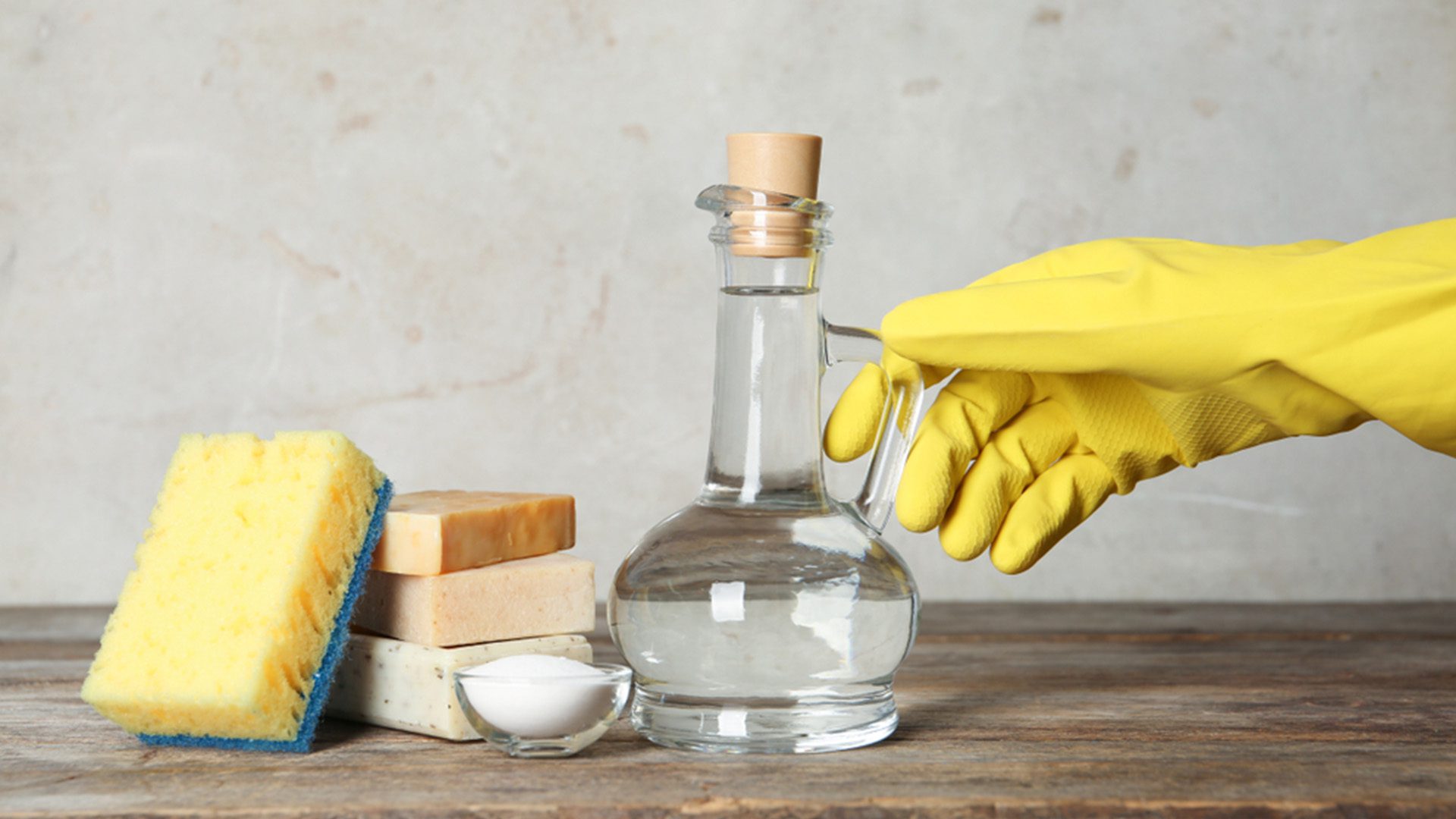
Vinegar is simultaneously a repellant for certain bugs and an attractant for others, it’s all about implementing it into your home strategically. For example, vinegar can be used to destroy ant’s scent trails and acetic acid vinegar can be harmful to spiders. On the other hand, the scent of vinegar can attract fruit flies and aphids. Vinegar can, therefore, be used to create a trap for these bugs by filling a bowl with vinegar, covering it with plastic wrap, and poking several tiny holes with the tip of a lead pencil.
4. Certain Foods

Citrus fruits such as limes, oranges, and lemons repel ants, spiders, and mosquitos. Mix either lime or lemon juice and water in a spray bottle and use it to wipe windowsills, countertops, and other areas of your home where bugs tend to gather. Rubbing the peels of the fruits on problem areas will also work to combat pests. Cucumbers can also be used to deter ants, silverfish, moths, and mites. Simply leave fresh slices of cucumber near the entry points, ensuring you replace the slices frequently as decomposing food will only attract more bugs. Cinnamon is another food that is effective at controlling dust mites, earwigs, cockroaches, bed bugs, fruit flies, silverfish, and spiders. This is due to its strong scent and that it contains eugenol, a naturally occurring compound found in cloves, cinnamon, nutmeg, and basil that is used in many commercial insect repellents.
5. Diatomaceous Earth
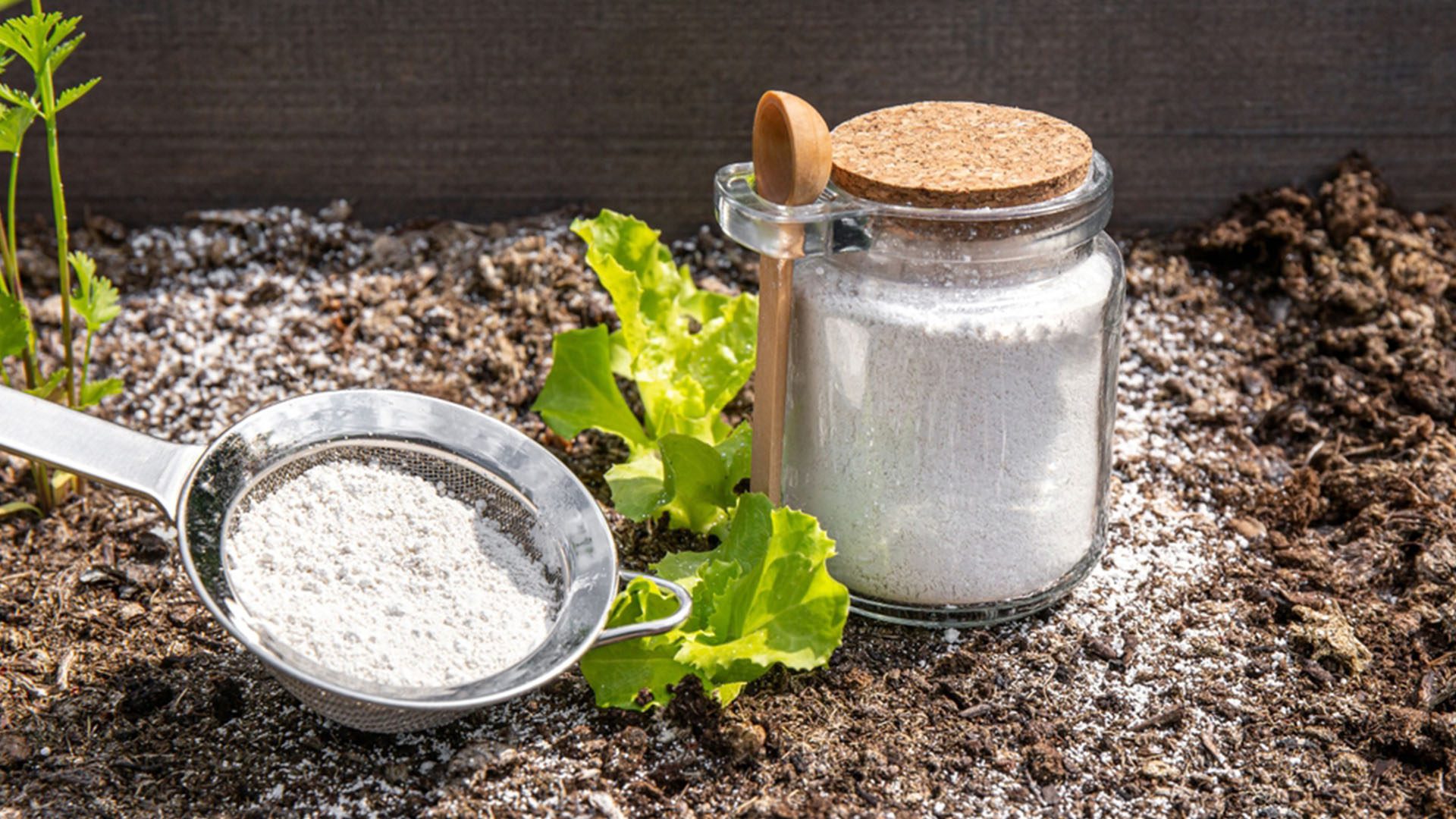
Made of fossilized algae, which is then ground into a powder, food-grade diatomaceous earth is safe for humans but lethal for exoskeleton insects such as spiders, earwigs, stink bugs, bed bugs, flies, beetles, and ladybugs. This product can be found at your local hardware or garden store and it’s as simple as sprinkling small amounts on affected areas. It also has numerous additional uses such as detoxing the body, purifying water, improving bone density, and removing toxins from the skin. Though the substance is effective and naturally occurring, the products are still processed and packaged so they create a greater environmental product than items you may already keep around your home.



